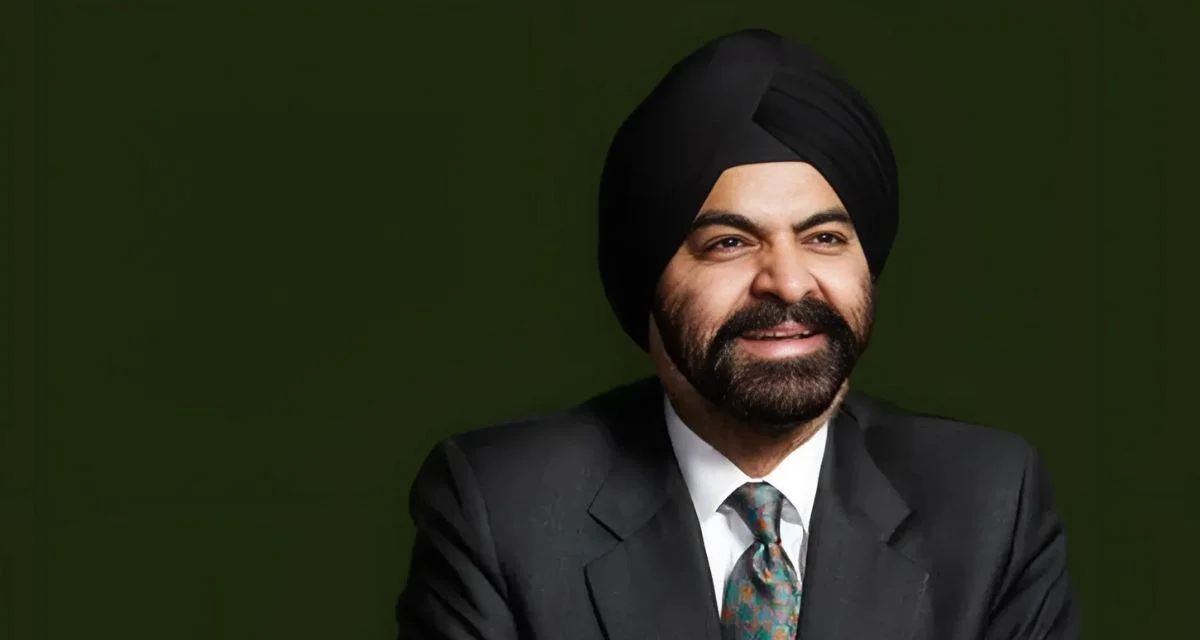The World Bank has approved a grant of $47.9 million to support education in Pakistan’s Punjab province. The funding, provided by the Global Partnership for Education Fund, aims to improve participation at pre-primary and primary school levels for both girls and boys. The initiative seeks to enhance learning outcomes at the primary level and strengthen remedial support at the elementary level.
The project, titled “Getting Results: Access and Delivery of Quality Education Services and System Transformation in Punjab Project,” is designed to expand early childhood education, bring out-of-school children back into classrooms, provide better teacher support, and increase the education sector’s ability to respond to climate change and emergencies.
According to the World Bank, these efforts are intended to build stronger human capital among vulnerable populations in line with its goals of reducing poverty and promoting shared prosperity through its Country Partnership Framework with Pakistan.
“This project represents a crucial step towards addressing learning poverty and ensuring equitable access to quality education across Punjab,” said Bolormaa Amgaabazar, World Bank Country Director for Pakistan. “By strengthening foundational learning, enhancing system capacity, and promoting behavioral change, the project will support long-term human capital development and economic growth in the province.”
The initiative is expected to benefit more than four million children. This includes 80,000 out-of-school children, over three million students enrolled in School Education Department (SED) schools, around 850,000 students in non-formal educational settings, and 140,000 differently abled children attending Special Education Department (SpED) schools. In addition to students, more than 100,000 teachers and school leaders—as well as parents and community members—will receive professional development or participate in awareness campaigns. Indirectly, all students within SED, SpED, and non-formal schools are anticipated to benefit from broader reforms within the education system.
“The project is aligned with the Government of Punjab’s broader education reform agenda, which seeks to create a more effective, accountable, and inclusive education system,” said Izza Farrakh, World Bank Task Team Leader for the project. “It will do so by supporting the government’s efforts to improve governance, management, and capacity in the education sector. This includes strengthening coordination between the school, special education and non-formal education departments, empowering schools, and building partnerships with communities to ensure sustainable results.”
Pakistan has been affiliated with the World Bank since 1950. Over this period it has received more than $48 billion in assistance from the institution. Currently there are 54 active projects totaling commitments of $15.7 billion.
Since 1956 International Finance Corporation (IFC), part of the World Bank Group focused on private sector development globally—including https://www.ifc.org/en/where-we-work/country/asia-pacific/pakistan —has invested about $13 billion in Pakistan across sectors such as renewable energy infrastructure development financial inclusion agribusiness manufacturing housing healthcare trade among others.
Further details on strategic priorities can be found in documents like Pakistan Country Partnership Framework 2026-35.

